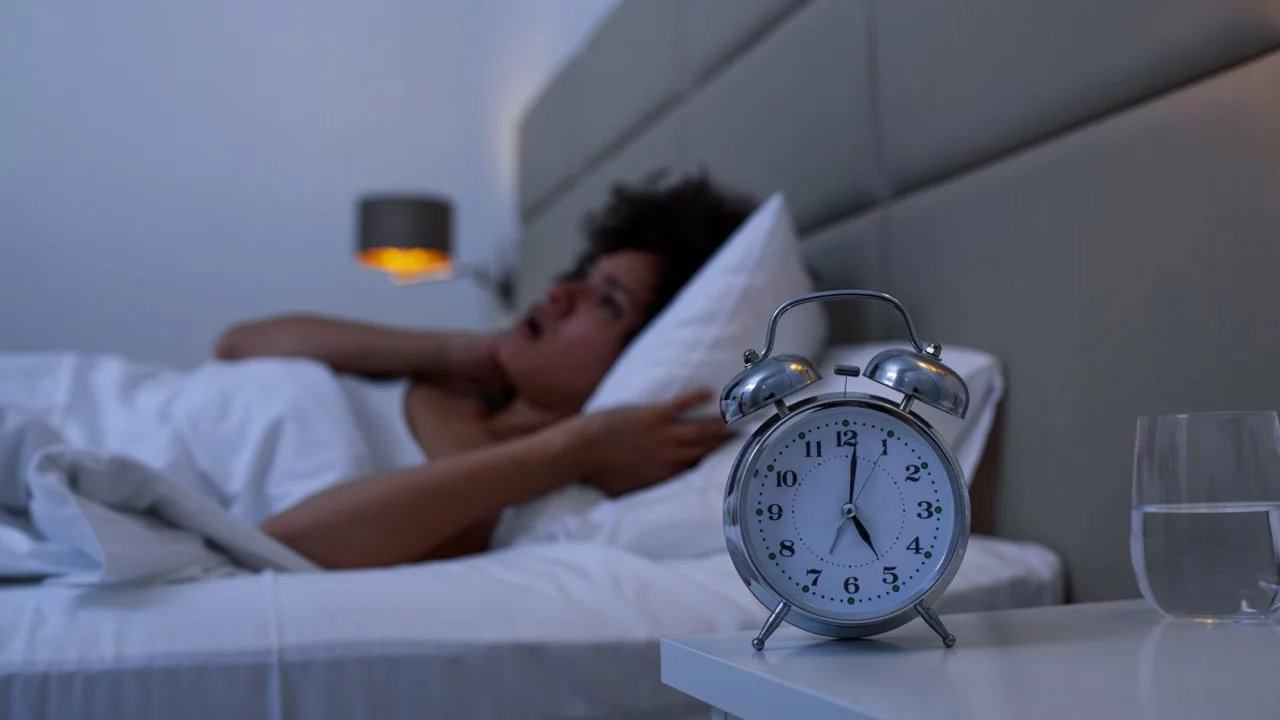Sleep Quality: Practical Tips to Sleep Better Tonight
Bad sleep knocks everything off balance — mood, focus, and even how you handle pain the next day. Want a quick win? Start with one small change tonight and build from there. You don’t need fancy equipment or long plans, just a few reliable habits that actually work.
Simple habits that help right away
Keep a consistent wake-up time first. Your body responds more to when you wake up than when you go to bed. Pick a wake time and stick with it, even on weekends. Dim bright lights two hours before bed — bright screens and overhead lights tell your brain it’s daytime. Try a 60–90 minute wind-down: low light, a non-stimulating activity (read a paper book, stretch), and avoid intense conversations or work.
Watch caffeine and alcohol timing. Coffee after 2 pm can still interfere with deep sleep for many people. Alcohol might help you fall asleep faster but fragments sleep later in the night. Limit naps to 20–30 minutes and avoid napping late afternoon if you want solid sleep at night.
Bedroom setup, exercise, and meds
Make your bedroom a sleep zone. Keep it cool (around 18–20°C or what feels cool to you), dark, and quiet. If light or noise is an issue, blackout curtains and a white-noise machine or earplugs are cheap fixes. Exercise helps sleep, but time it right: morning or afternoon workouts are better than late-evening high-intensity sessions.
Medications and supplements matter. Pain relievers or asthma meds can affect nighttime rest, so check the guides on RXConnected like "Acetaminophen Facts" or "Ventolin Inhaler" if you suspect your meds play a role. Natural aids like rose geranium oil or other supplements appear in our articles, but talk to your provider before mixing anything with prescription drugs. Don’t assume ‘natural’ is always safe with other meds.
Try a short practical routine tonight: dim lights 90 minutes before bed, stop caffeine by early afternoon, do 10–15 minutes of gentle stretching, and set your alarm for the same time each morning. That combo alone helps many people sleep deeper and feel more refreshed.
If you want deeper reading, check related posts on RXConnected that explore medication effects, supplements, and when to seek help. Articles like "Acetaminophen Facts" and "Rose Geranium Oil Benefits" can give context on pain or supplement choices that influence sleep.
When should you see a doctor? If you still wake gasping, snore loudly and feel exhausted by day, or your sleep problems last more than a month despite these changes, get evaluated. Problems like sleep apnea or medication side effects need professional care.
Pick one change tonight. Consistency beats drastic overhauls. Sleep is a skill—practice the same easy steps nightly and you'll likely notice the difference within a week.
Insomnia and Diet: The Impact of Caffeine on Sleep Quality

Alright folks, guess what I've been pondering over these days? The link between your coffee habit and those sheep you've been counting at night. The verdict? Caffeine absolutely does a number on your sleep quality! It's like inviting a rock band to perform in your brain when you're trying to snooze. So, if you're having a love affair with your espresso machine, it might be time to consider a break-up if you want to get some good winks in!
